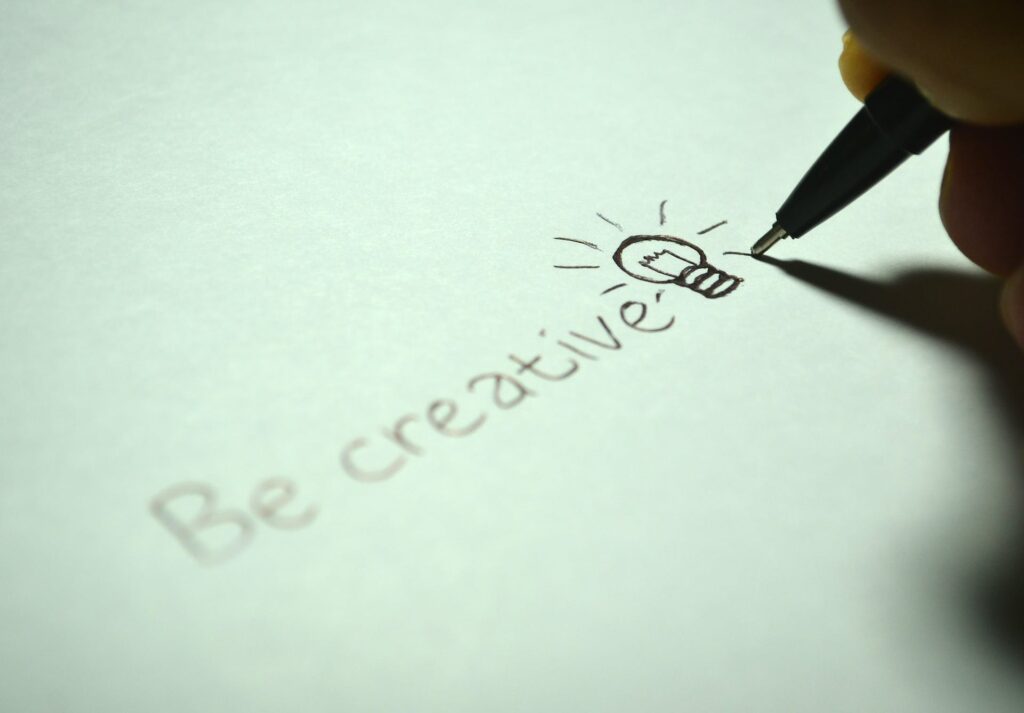Hey there! Are you tirelessly sending out resumes but not getting the callback you’re hoping for? Here’s the lowdown: you might be missing out on the magic of soft skills for resume success. That’s right! Your technical prowess might be top-notch, but employers are increasingly on the lookout for something extra. We’re talking about soft skills—the secret sauce that adds flavor to your professional life.
So, if you’re intrigued and want to become an all-rounder, stick around. We’re diving deep into what these skills are, why they’re gold for your resume, and how to showcase them effectively. Trust me, this is the glow-up your resume has been waiting for.

Understanding the Role of Soft Skills for Resume Building
Why Employers Value Soft Skills for Resume? You’ve probably heard this a million times—first impressions matter. But here’s the twist: first impressions extend beyond your outfit or firm handshake. They actually seep into your resume. Beyond technical qualifications, it’s the human element that often tilts the scales in your favor.
Beyond Technical Qualifications
- Soft skills fill the gap between what you know and how you apply it.
The Human Element in the Workplace
- These skills are the oil that greases the cogs of day-to-day interactions.
The Balance Between Hard Skills and Soft Skills for Resume
Now, don’t get it twisted. I’m not saying you should ditch your technical skills. But think of soft skills as the yin to your hard skills’ yang, creating a well-rounded skill set.
Complementing Your Hard Skills
- Soft skills make your hard skills more accessible and relatable.
Achieving a Well-Rounded Skill Set
- It’s not either/or; it’s about creating a wholesome blend of both.
Best Soft Skills for Resume Enhancement
Ah, the meat of the matter! Let’s dive into some key soft skills for resume that can make your resume sing like Whitney hitting the high notes. Don’t underestimate the power of soft skills for resume success. Now, before you scoff and think, “I’m a team player, alright!”, take a breather. We’re getting specific here. Ready? Let’s go.
1. Communication: More Than Just Words
Ah, communication—the cornerstone of human interaction. Effective communication goes beyond just talking. You’ll also need to be a good listener, a body language reader, and a clear writer.
Why it’s crucial:
- Builds Trust: Clear communication fosters trust, the cornerstone of any relationship, be it professional or personal.
- Team Cohesion: A team that communicates well is a team that works well.

2. Emotional Intelligence: Your Social Radar
Imagine walking into a room and immediately grasping the atmosphere. That’s emotional intelligence in a nutshell.
Why it’s vital:
- Crisis Management: When tempers flare or morale dips, emotional intelligence helps you navigate turbulent waters.
- Empathy: Understanding other people’s feelings enables you to work more harmoniously with your team.
3. Time Management: The Art of the Juggle
Incorporating ‘time management’ into your soft skills for resume is crucial, as it demonstrates your ability to juggle various tasks efficiently for consistent productivity.
Why it’s important:
- Meeting Deadlines: We all know how important this is in any job setting.
- Life-Work Balance: Efficiently managing your time means you can clock out without taking the stress home.
4. Problem-Solving: Sherlock Your Way Through
Problem-solving isn’t merely about arriving at any solution; it’s about identifying the most optimal and efficient answers to challenges. When you include this aspect of problem-solving in your list of soft skills for resume enhancement, you’re sending a message to employers that you’re not just a fixer, but a strategic thinker who adds value.
Why it’s key:
- Innovation: The ability to solve problems paves the way for innovation and improvements.
- Resource Optimization: Efficient problem-solving often leads to a better allocation of resources, saving time and money.
5. Teamwork: Rowing in the Same Direction
Ever heard of synergy? It’s that magical outcome where the result of a group effort is greater than the sum of individual efforts.
Why it matters:
- Productivity: Collaboration often results in getting things done faster and more efficiently.
- Morale Boost: A good team environment lifts everyone’s spirits.
6. Adaptability: The Career Chameleon
In today’s fast-paced work environment, change is the only constant. Your ability to adapt makes you a valuable asset.
Why it’s essential:
- Crisis Handling: When unexpected issues pop up, being adaptable helps you quickly find a new course of action.
- Skill Development: Being open to change often forces you to learn new skills.
7.Creativity: Beyond Paints and Poetry
Creativity isn’t just for artists; it’s for everyone. In a work setting, creativity means thinking outside the box.

Why it’s important:
- Problem-Solving: Yes, this again. Creative thinking often leads to innovative solutions.
- Employee Engagement: A creative environment is often more fun and engaging.
8. Leadership: More Than Just a Title
Leadership skills aren’t just for managers. Anyone can be a leader in their domain, guiding others and setting a positive example.
Why it’s essential:
- Team Development: Good leaders can help develop junior team members, boosting productivity.
- Decision Making: Leadership often requires making tough decisions for the betterment of the team or project.
9. Attention to Detail: The Devil’s in the Details
Small mistakes can lead to big problems. That’s why keen attention to detail is so important.
Why it matters:
- Quality Control: A high level of attention to detail usually results in a higher quality of work.
- Risk Minimization: Catching small errors early can prevent larger issues down the line.
10. Resilience: Bounce Back, Don’t Crack
Resilience is all about how you respond to adversity. Can you keep your cool and bounce back from setbacks?
Why it’s crucial:
- Stress Management: Resilience often leads to better stress handling, which is essential in any job.
- Longevity: The more resilient you are, the more likely you’ll have a long, successful career.
How to Effectively List Soft Skills for Resume Presentation
So you’ve got these awesome skills—great! Now how do you showcase them without sounding like you’re tooting your own horn too loudly?

Be Specific and Relevant
Tailoring to Job Descriptions
- One size doesn’t fit all. Make sure you align your soft skills with the specific job requirements. It shows you’ve done your homework.
Using Action Verbs
- Instead of saying you’re a ‘good communicator,’ say you ‘facilitated team meetings that led to problem-solving.’ Be dynamic!
Provide Real-life Examples
Use of the STAR Method
- Ah, the STAR method: Situation, Task, Action, Result. It’s a great way to contextualize your soft skills for resume. Say you led a project (Situation & Task), implemented a new strategy (Action), and increased team productivity by 25% (Result).
Contextualizing Your Soft Skills
- Give them a scenario or a story. It makes your skills more relatable and memorable.
Where to Place Soft Skills on Your Resume
Skill Section
- Create a separate section where you can list your soft skills.
Work Experience and Cover Letter
- Weave your soft skills into your job descriptions and your cover letter for maximum impact.
Common Mistakes to Avoid When Listing Soft Skills for Resume
Okay, you’re almost there. But before you press ‘send’ on that job application, make sure you’re not making these rookie mistakes.
Being Too Vague
- Avoid Overused Phrases: “I am a hard worker” is way too cliche. Get specific and unique with your wording.
- Skip Jargon: Keep it simple, pal. No need to sound like a walking thesaurus.

Not Validating Your Soft Skills for Resume
- Lack of Evidence : Show, don’t tell. Use real-world examples to back up your claims.
- Not Using Metrics or Examples: Numbers speak louder than words. Whenever possible, quantify your achievements.
Conclusion
Alright, folks, that’s a wrap for today’s crash course on soft skills for resume success. The job market’s a jungle out there, but armed with these tips, you’re more than ready to swing from the career vines with finesse. Don’t let your dream job slip through your fingers. Update that resume, highlight those soft skills, and let your true self shine through. You’ve got this!





